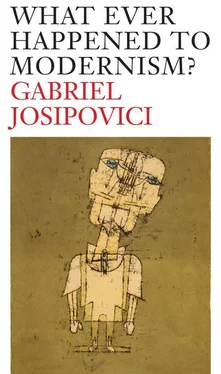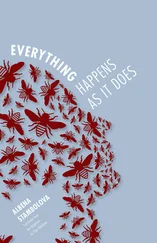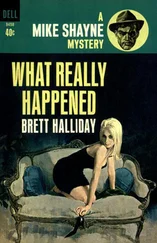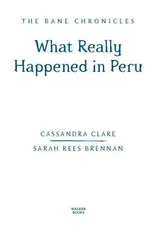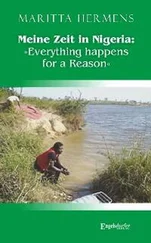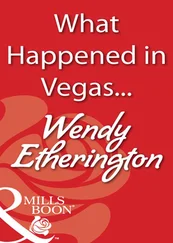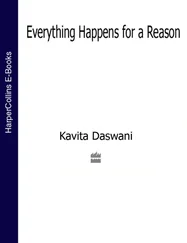However, the story picks up again, to present us with the central fact about ‘our hero’ — that he spent all his time reading books of chivalry, neglected the administration of his estate and in the end loses his mind, becomes ‘so convinced in his imagination of the truth of all the countless grandiloquent and false inventions he read that for him no history in the world was truer’, and then takes the final step and determines ‘both for the sake of his honor and as a service to the nation, to become a knight errant and travel the world with his armour and his horse to seek adventures and engage in everything he had read that knights errant engaged in’. To that end he digs out an old suit of armour and polishes it up, finds a suitable name, Rocinante, for his old nag, and then, ‘having given a name, and one so much to his liking, to his horse, he wanted to give one to himself, and he spent another eight days pondering this, and at last he called himself Don Quixote’. To this he adds the suffix of ‘la Mancha’, ‘thereby, to his mind, clearly stating his lineage and country and honouring it by making it part of his title’.
There is something deeply unsettling about this. We do not want heroes of novels to give themselves their names; we want the author to do that. For by giving himself a name the hero of this novel opens up an uncomfortable gap between himself and his name. We grasp the name but we want to grasp the self. We know that names are arbitrary things, given by parents; but that is the point: they are given, not assumed. Only confidence men give themselves their names, but Don Quixote is anything but a con man. Who then is he? As Marthe Robert points out, by choosing a name for himself, Don Quixote brings out into the open all the contradictions that have been building up about what it is we are reading and sets the tone for the rest of the book. Don Quixote, she argues, deflects the destiny of the novel he is in, which should have been about an impoverished country gentleman in the backwoods of Castile (we can easily imagine a nineteenth-century Spanish novel of this kind) and turns it before our eyes into something much stranger and more arresting, an exploration of the nature of novels and their ontological status.
This has not been well understood. The standard view of the novel, most recently expounded by Adam Thirlwell in Miss Herbert , a book I will return to in a later chapter, is that it is a critique of idealism. The example is often taken of one of the first episodes, that of Don Quixote's freeing a boy who is being beaten by his master. He orders the man to pay the boy his wages and let him go. The man accepts but says that as he has no money on him the boy must come with him ‘and I'll pay him all the reales he deserves’. The boy protests. If I go with him, he says, he's going to beat me even harder. Don't worry, Don Quixote grandly reassures him, as long as he gives me his word you have nothing to fear. Many chapters later Don Quixote and Sancho Panza meet the boy again, and the don explains that here is a living example of ‘how important it is that there be knights errant in the world to right the wrongs and offences committed by the insolent and evil men who live in it’. The boy, however, has another view. He explains that as soon as Don Quixote had left them the man tied him up again and beat him harder than ever:
Your grace is to blame for everything, because if you had continued on your way and not come when nobody was calling you or mixed into other people's business, my master would have been satisfied with giving me one or two dozen lashes, and then he would have let me go and paid me what he owed me.
This, Thirlwell claims, is the essence of the novel, ‘the juxtaposition of chivalrously good intentions with the prose of real life’.
That is certainly one strand in it. But to see it as the main strand is to assimilate this strange and powerful novel too easily to a certain tradition, one which sees the novel as replacing the idealism of poetry with a new realism. Cervantes, like Rabelais, finds the form more troubling, as the Prologue has suggested. His stroke of genius was not the relatively obvious one of parodying, through his hero, the romances of the time, or even idealism in general, but of doing precisely what he said he had done in the Prologue, creating a hero who is in some essential way like himself. Those who see the don as an exemplar of an outdated idealism, and therefore feel comfortably superior to him, choose to disregard what Cervantes ruefully says in the Prologue: ‘I have not been able to contravene the natural order; in it, like begets like. And so what could my barren and poorly cultivated wits beget but the history of a child who is dry, withered, capricious, and filled with inconstant thoughts never imagined by anyone else?’ The critique of idealism we find in the novel is so troubling precisely because the primal idealisation is the conception and execution of the very work in which the critique is made.
Don Quixote and Picrochole are distant cousins, and both are also, as it happens, closely related to Cervantes and Rabelais. Don Quixote's madness makes of him a kind of fundamentalist, someone who is determined to find meaning in a world where it is difficult for the rest of us to see it. As with the fundamentalist, the person who is convinced that Bacon wrote Shakespeare's plays, or the anti-Semite, nothing crosses his consciousness that cannot be seen in the terms in which he has chosen to view the world. If a giant turns out to be a windmill, or his beloved Dulcinea a peasant girl, that is only because enchanters have been fiddling with the way the world appears; in reality he knows they are of course a giant and Dulcinea. But, as Cervantes is fully aware, there is a sense in which windmills, peasant girls, giants and Dulcinea are all equally unreal, all the products of one man's imagination, and to take fictional windmills and peasant girls as being real is as much of a leap of faith as to take them as being giants and Dulcinea.
Don Quixote's madness dramatises for us the hidden madness in every realist novel, the fact that the hero of every such novel is given a name merely in order to persuade us of his reality, and that he has giants created for him to do battle with and Dulcineas for him to fall in love with simply to satisfy the demands of the narrative. And it dramatises the way we as readers collude in this game because we want, for the duration of our reading, to be part of a realised world, a world full of meaning and adventure, an enchanted world . It is no coincidence that the novel emerges at the very moment when the world is growing disenchanted. We need enchantment and are prepared to pay good money to get at least a dose of it. The profound irony of Don Quixote is this: that as we read about the hero's obvious delusions we believe that we are more realistic about the world than he is, less enchanted, whereas we are of course ourselves in that very moment caught in Cervantes' web and enchanted by his tale.
Or not quite. Cervantes enchants us and then, as we have seen, periodically pulls the rug (the magic carpet?) from under our feet. And he does this partly in order to remain honest and partly in order to remind us that the world is no longer enchanted. This is no easy task, because there are powerful elements within us which want to deny this. But it is a task he relishes.
Towards the end of Chapter VIII of Part I, which in Cervantes' original division of his book concluded Part I, a Basque squire picks a quarrel with Don Quixote and this quickly escalates into a full-blown fight:
Don Quixote was charging the wary Basque with his sword on high, determined to cut him in half, and the Basque, well-protected by his pillow, was waiting for him, his sword also raised, and all the onlookers were filled with fear and suspense regarding the outcome of the great blows they threatened to give each other … But the difficulty in all this is that at this very point and juncture, the author of the history leaves the battle pending, apologising because he found nothing else written about the feats of Don Quixote.
Читать дальше
